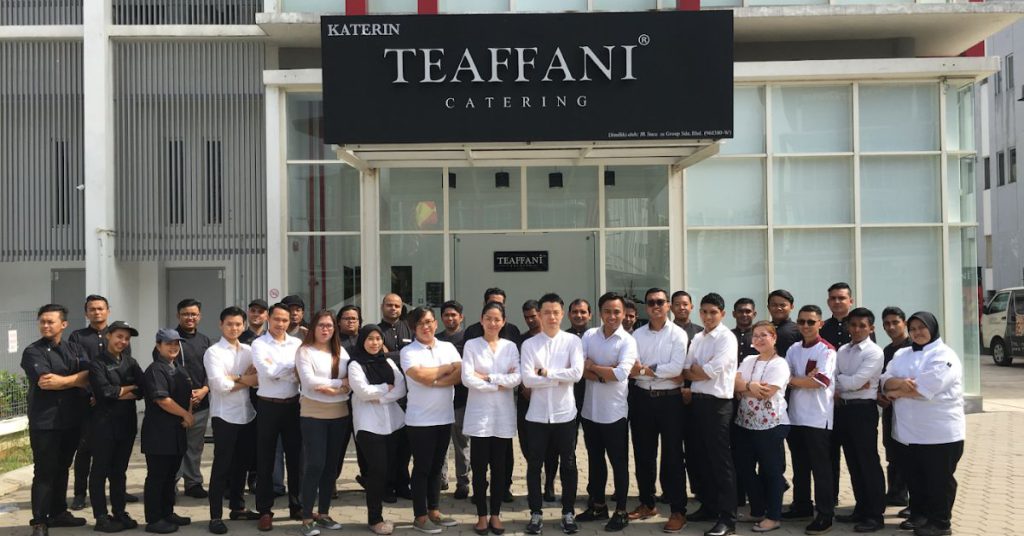With Malaysia being a nation of foodies, it’s not surprising that catering businesses are a dime a dozen.
However, ones that are JAKIM halal-certified (not just using halal ingredients and suppliers) make up a smaller subset.
Ones that have been able to sustain it for over 10 years and scale the business across other sectors such as cafeteria and clubhouse management are fewer yet.
But one business that has been able to do all that is Teaffani Catering (Teaffani).
From finger foods to full meals
Founded in 2011, the business was established by Rachael and Jerome. The former has a background in advertising and marketing, while the latter came from banking.
In the early days, the duo started by providing high-tea services, focusing on offering finger foods and canapes.
The founders shared that at the time, there weren’t a lot of high tea options yet, so they thought the concept was interesting. And since the capital needed for catering is typically less compared to opening a retail store, they went that route.

The business was very much bootstrapped in its early years, with Rachael and Jerome handling most things by themselves.
“At that time, we were just using my own house to store all the equipment,” Rachael recalled. “We didn’t have manpower or overhead, and we were using our own vehicles.”
Leveraging their networks and skillsets, the two managed to grow their customer base. In time, these customers began requesting for heavier dishes such as fried rice, mee hoon, and more. Not ones to ignore demand, the duo decided to tap into that market.
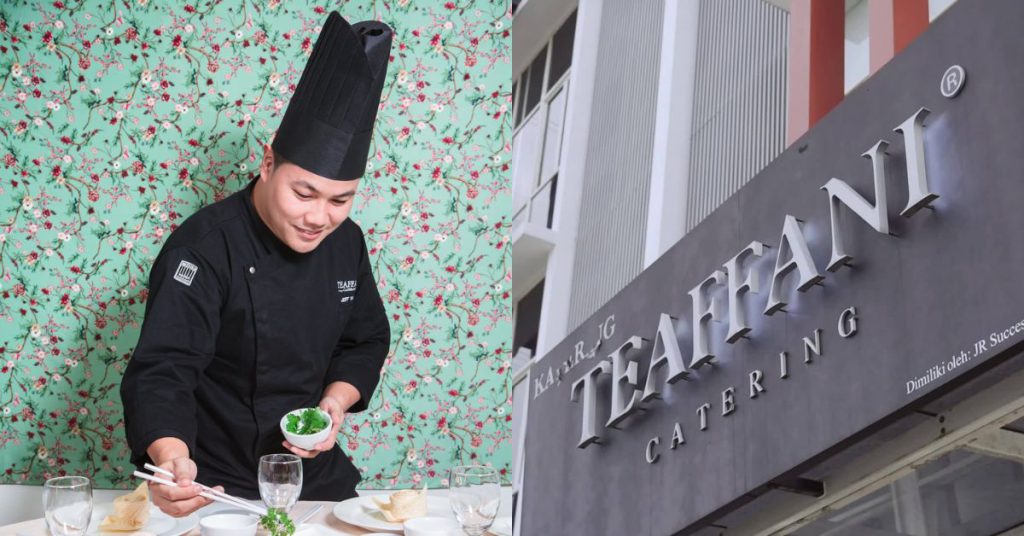
Initially, they would just buy from restaurants, but they quickly learnt that cost was too high, so they hired an inhouse chef. This not only reduced costs, but also improved quality control. From there, things kept on growing.
Today, the team has over 50 full-timers, as well as a number of part-time staff on duty.
Looking at the big picture, it may seem like Teaffani has changed a lot over the years.
To that, Rachael shared that it’s the result of cumulative efforts. “We are taking small steps at a time. We keep improving little things on each aspect of our business from staff training to our food menu. It’s many small changes over the years, instead of a big one.”
Halal for all
In 2018, Teaffani successfully got its JAKIM halal certification. Rachael explained that wanting to get certified is natural for a Malaysian business that wants to serve everyone.
“Halal certification is good in the sense that it not only emphasises on the halal part, but it also gives us very good guidelines on cleanliness,” she elaborated.
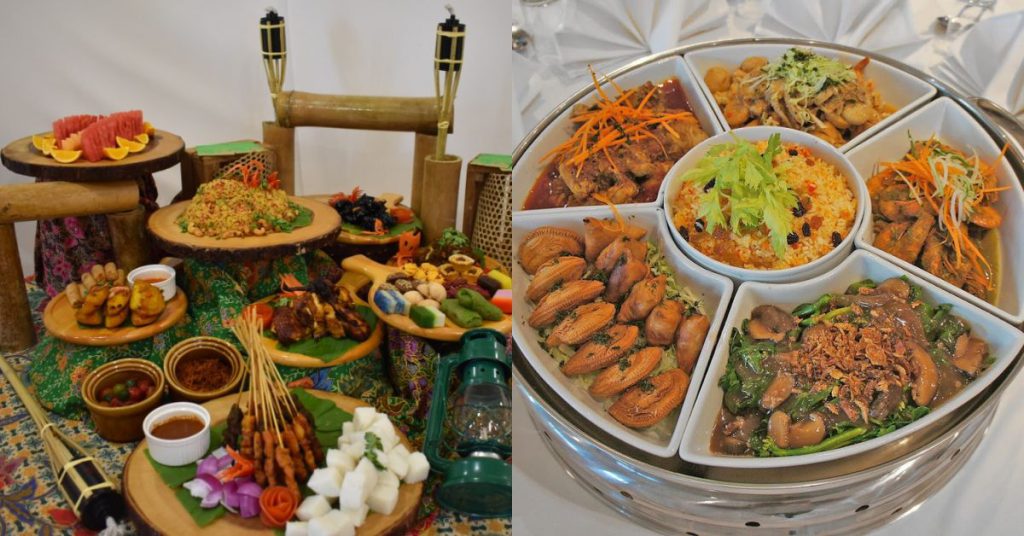
To begin with, Teaffani was already offering non-pork services anyway. But the official certification would bring them to the next level, allowing the business to cater to corporate clients, government bodies, and more.
We’ve heard that acquiring a halal certification can be challenging, but Rachael revealed that it wasn’t hard at all for them. They simply followed all the necessary criteria, such as having an inhouse halal executive, among others.
“I don’t think it’s challenging,” she assured. “The only thing is if the facilities may be not on par, or certain ingredients are hard to get certified, however if you prepare the facilities according to the requirement and follow the halal process, it’s not that hard.”
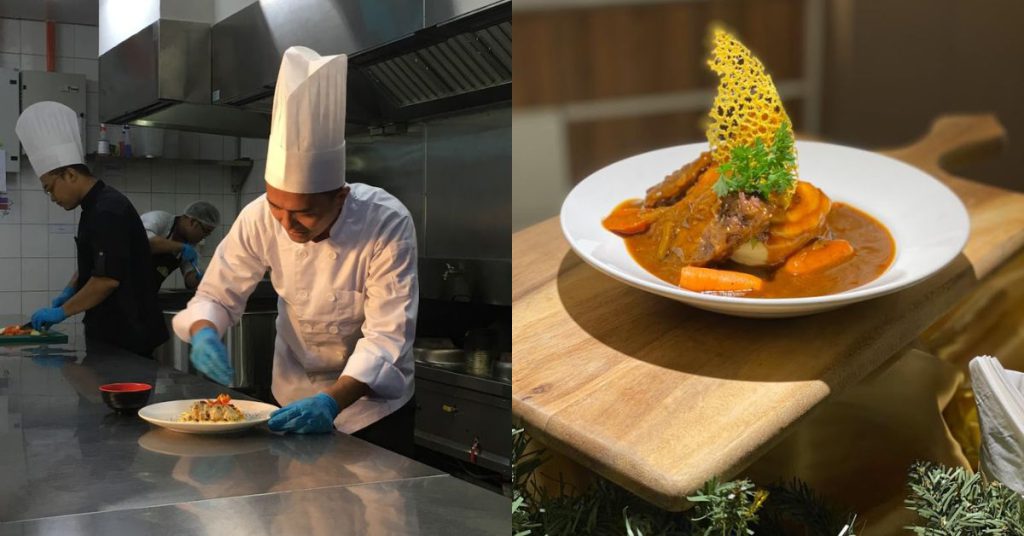
For F&B businesses that may be struggling, the co-founder suggests reaching out to halal consultants who know the ins and outs of the process.
Exploring new verticals
Through referrals from other clients, Teaffani went on to receive inquiries to manage clubhouses, cafeterias, and even hotel kitchens.
Just like how they originally pivoted from finger meals to full-fledged catering, the business saw the market demand and took on the challenge. But soon, they faced a steep learning curve.
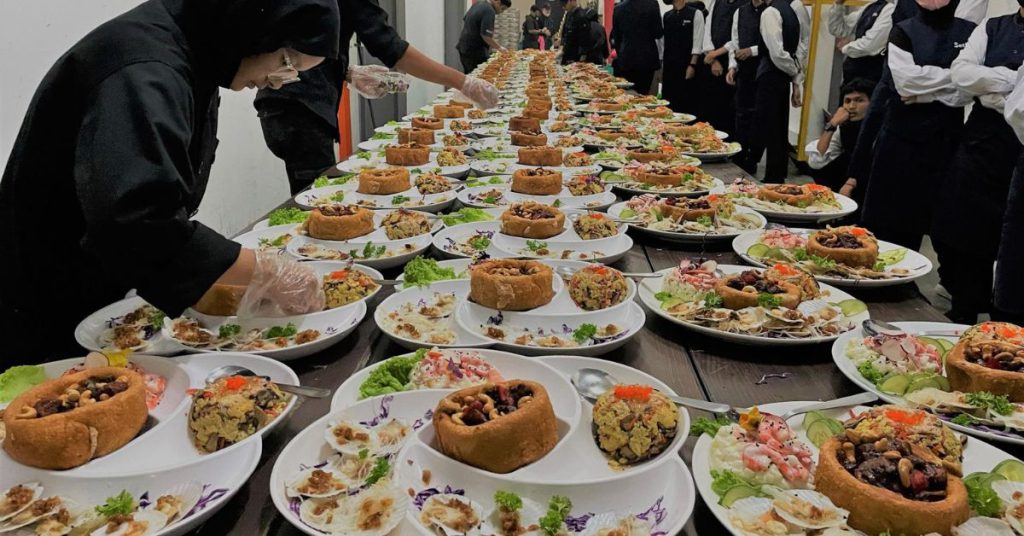
Unlike catering services where you’ll have a head count, you won’t know how many will actually eat your food at a clubhouse or cafeteria. They’re more like a retail business than food service, Rachael shared.
There are also things such as wastage management, payment systems, variety of food, and other customer service-related matters to consider.
“It’s totally two different types of business models,” Rachael shared. “We definitely learnt through the hard way.”
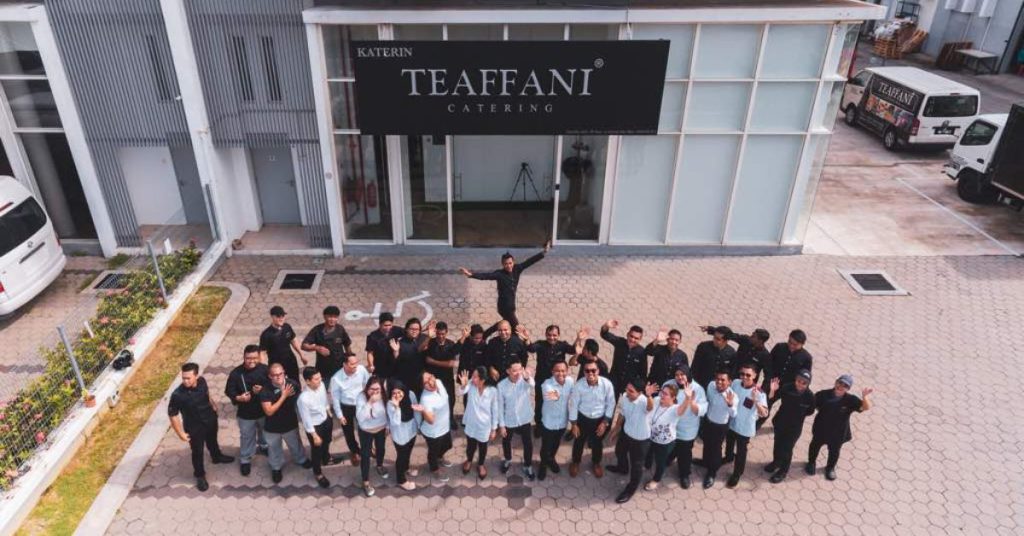
But they persevered, and today, they are the official caterer for Malaysian Philharmonic Orchestra.
Considering that the team has experience in running F&B operations as well as producing quality food, it seems natural that opening their own Teaffani restaurant might be the next step.
To that, Rachael said that they indeed have the know-how, and may consider launching such a business in the future.
While that idea appears to still be quite up in the air, one thing is for certain—Teaffani aims to keep on improving into order to cater (pun intended) to their customers.
“In order to sustain the business, we cannot do things based on what we think is right,” Rachael shared. “We have to understand the trends so we can continue to be on top of our game, and stand out from competitors.”
- Learn more about Teaffani Catering here.
- Read other articles we’ve written about Malaysian startups here.
Featured Image Credit: Teaffani Catering



